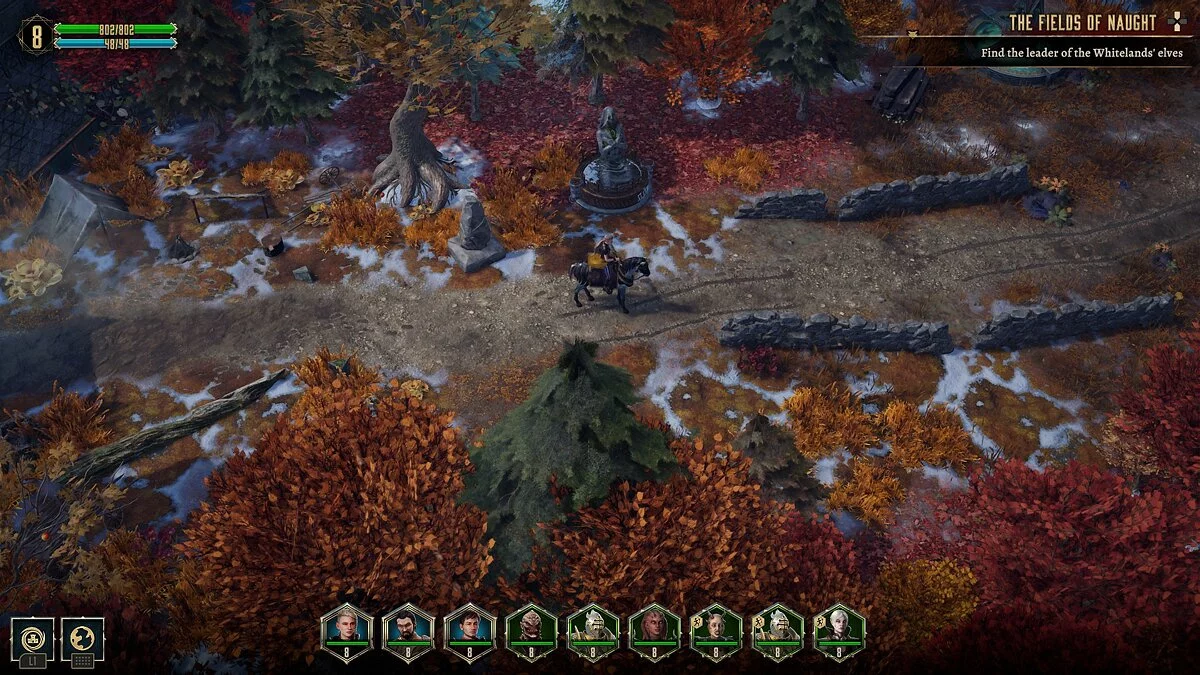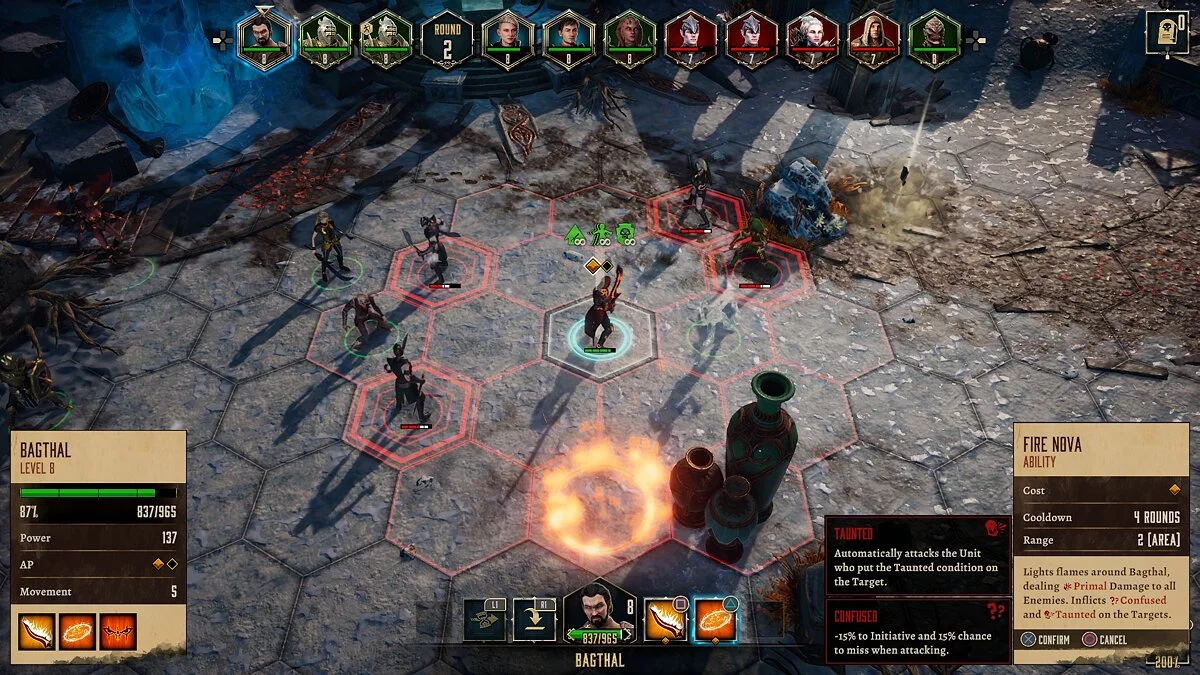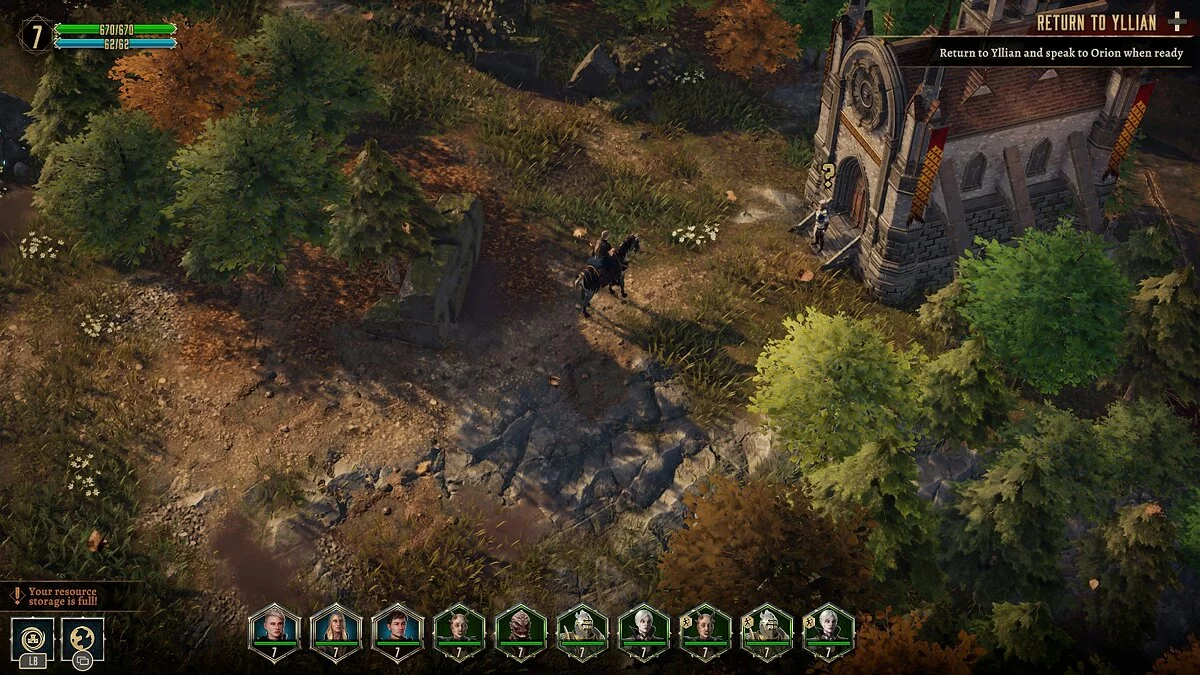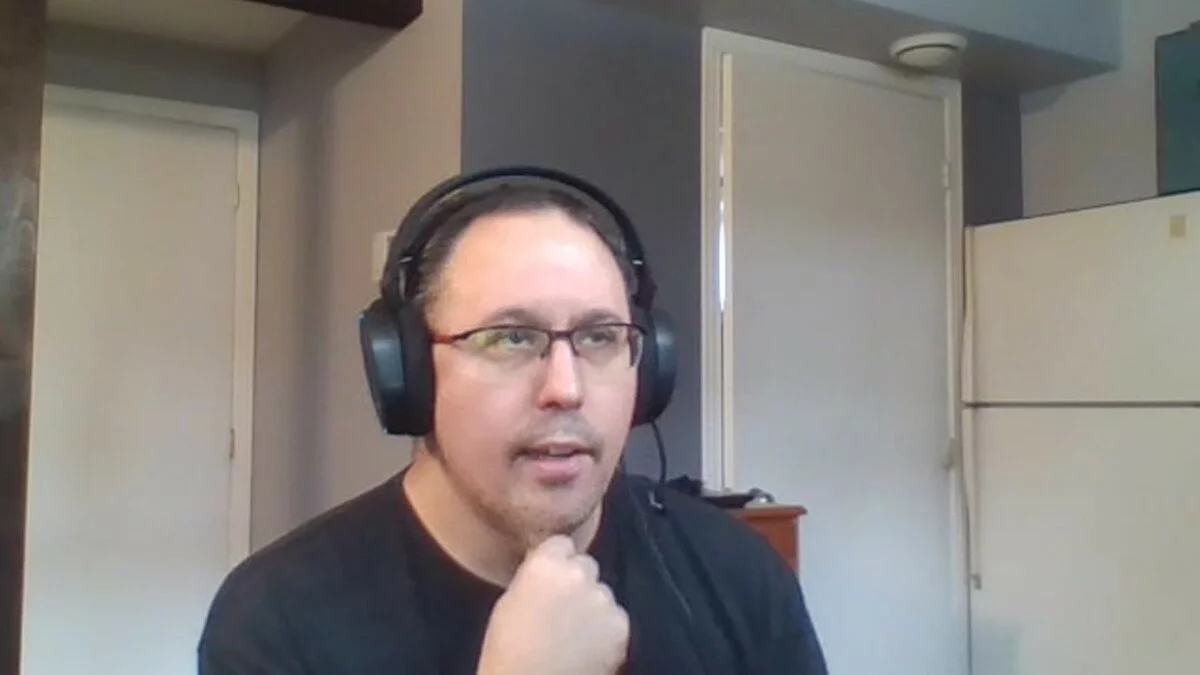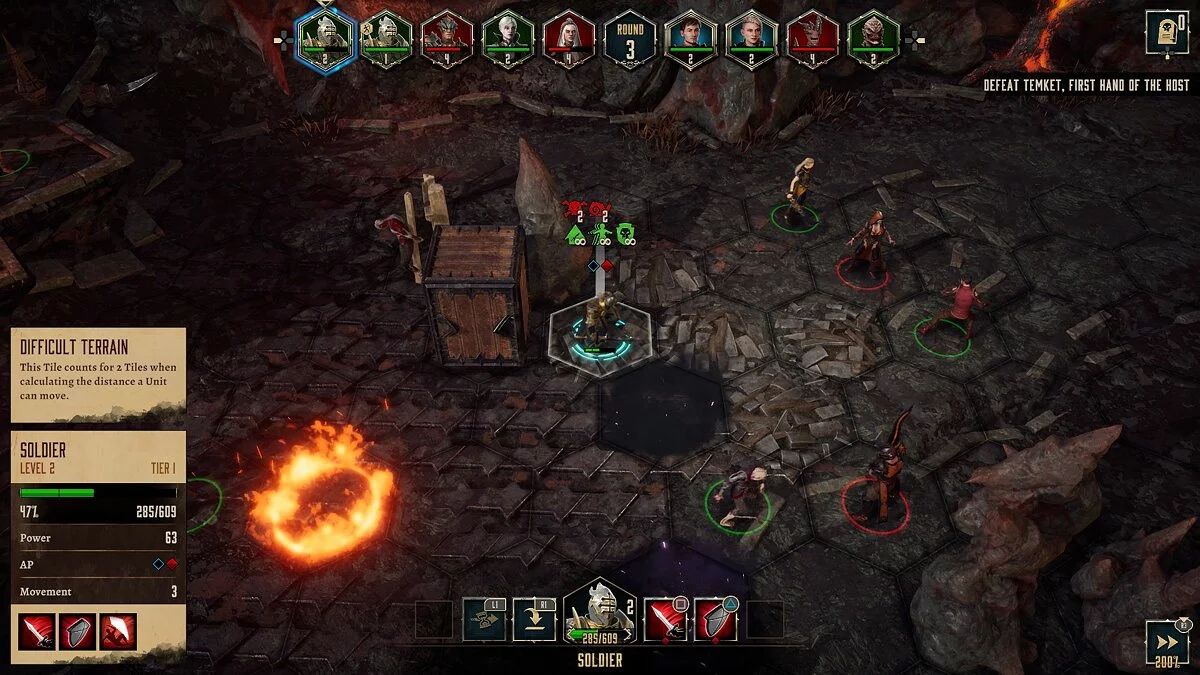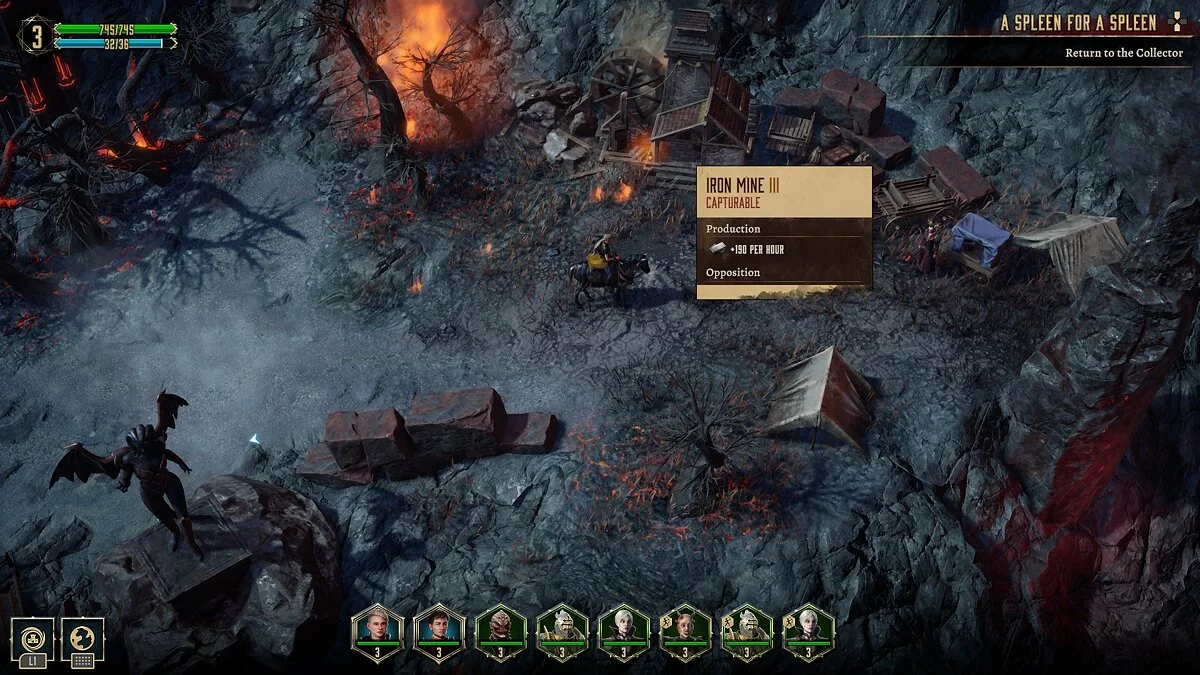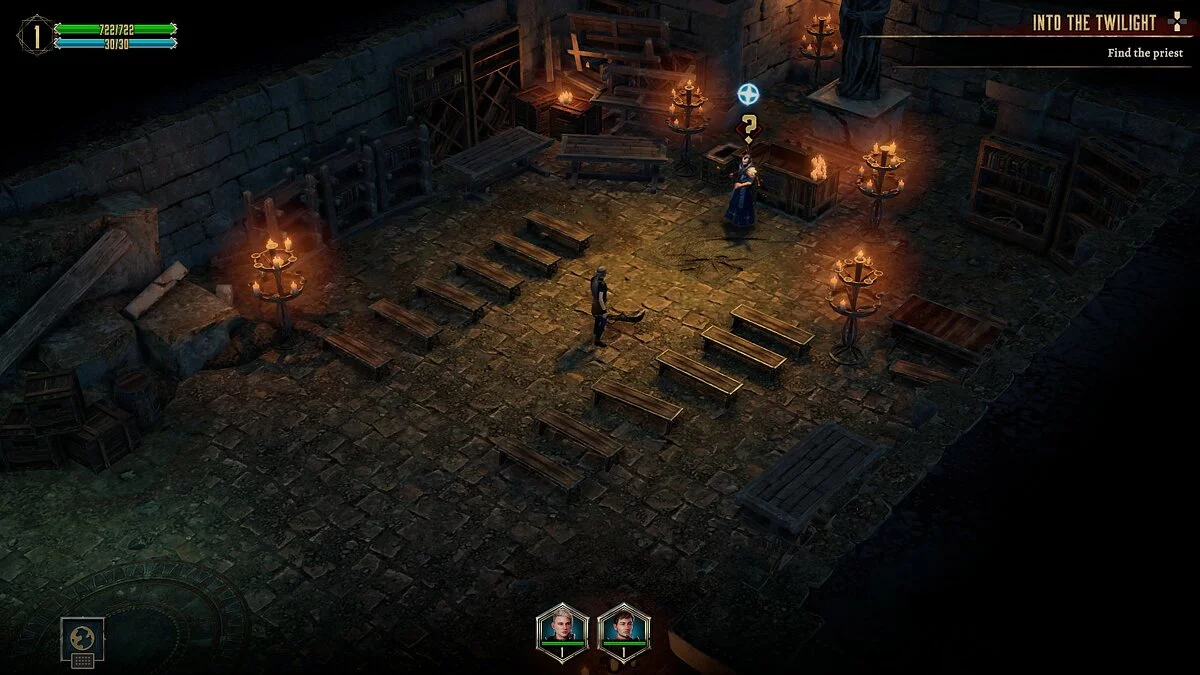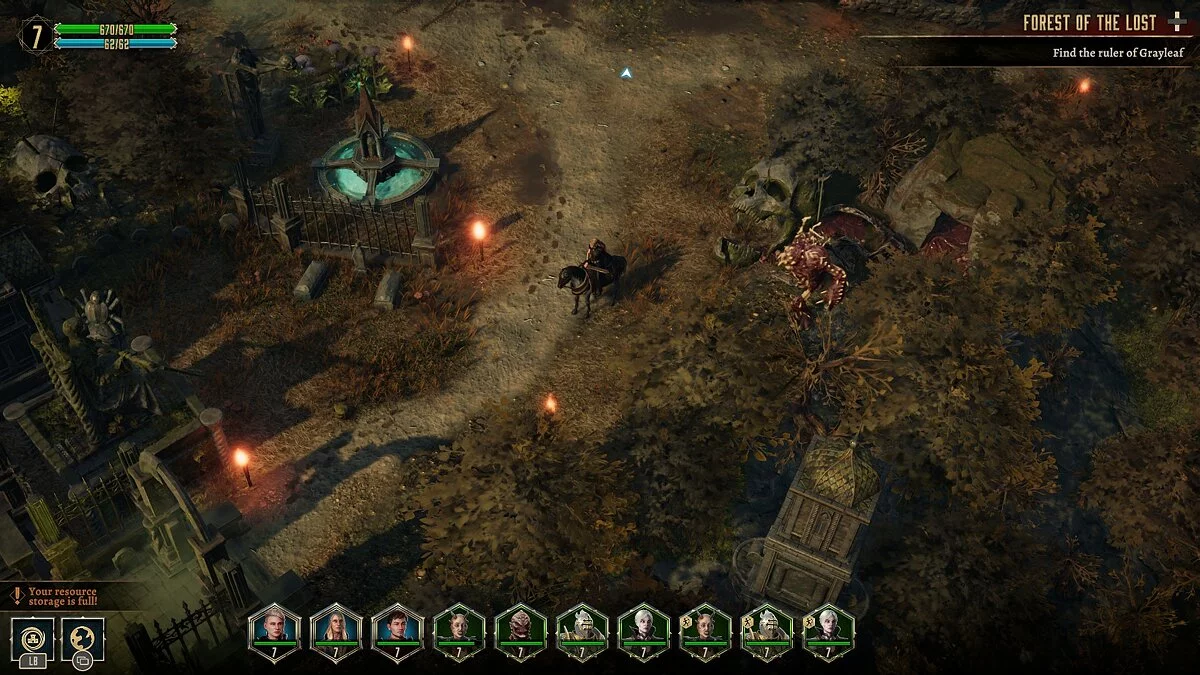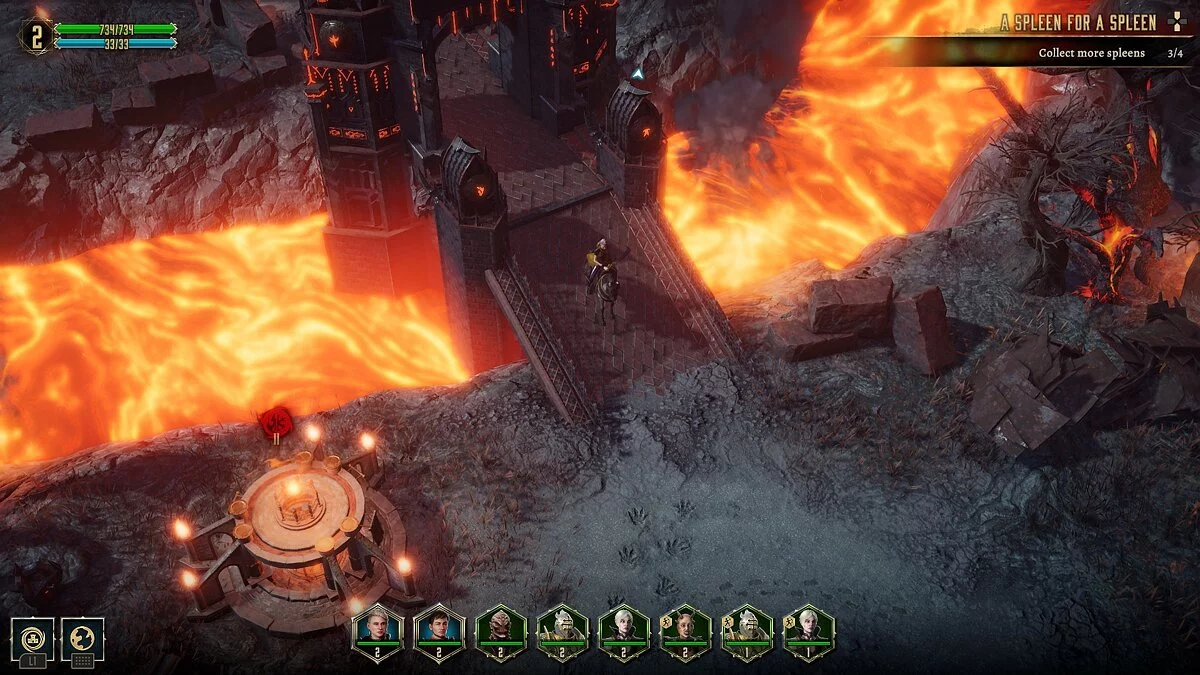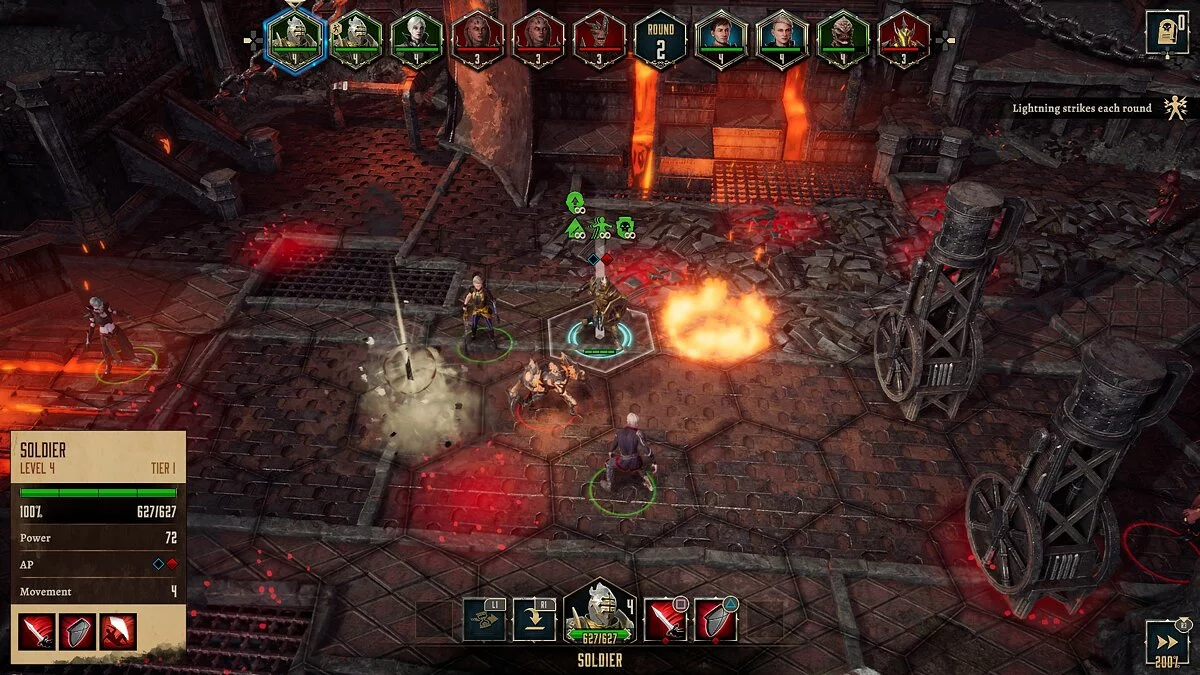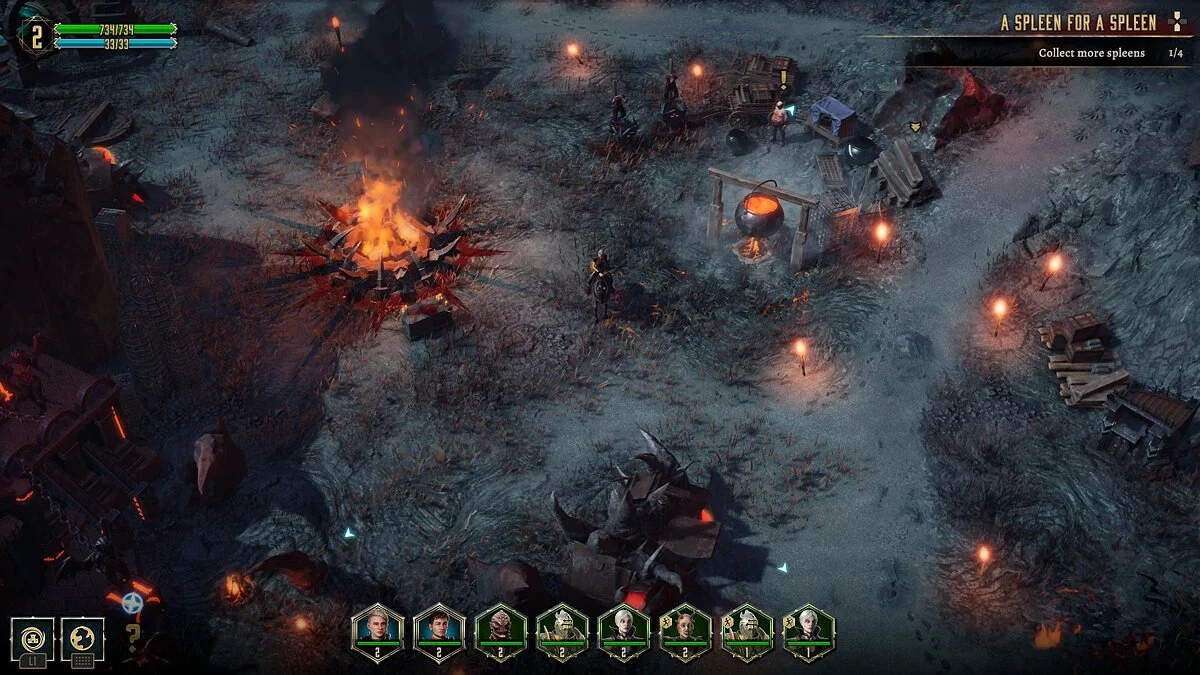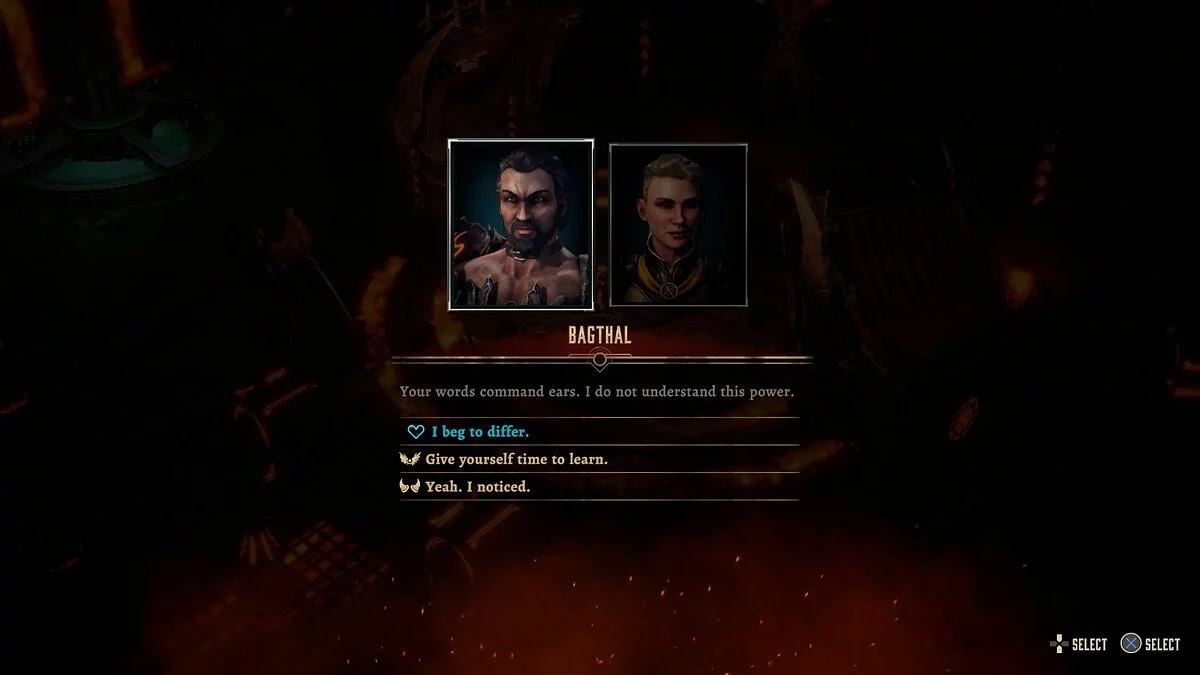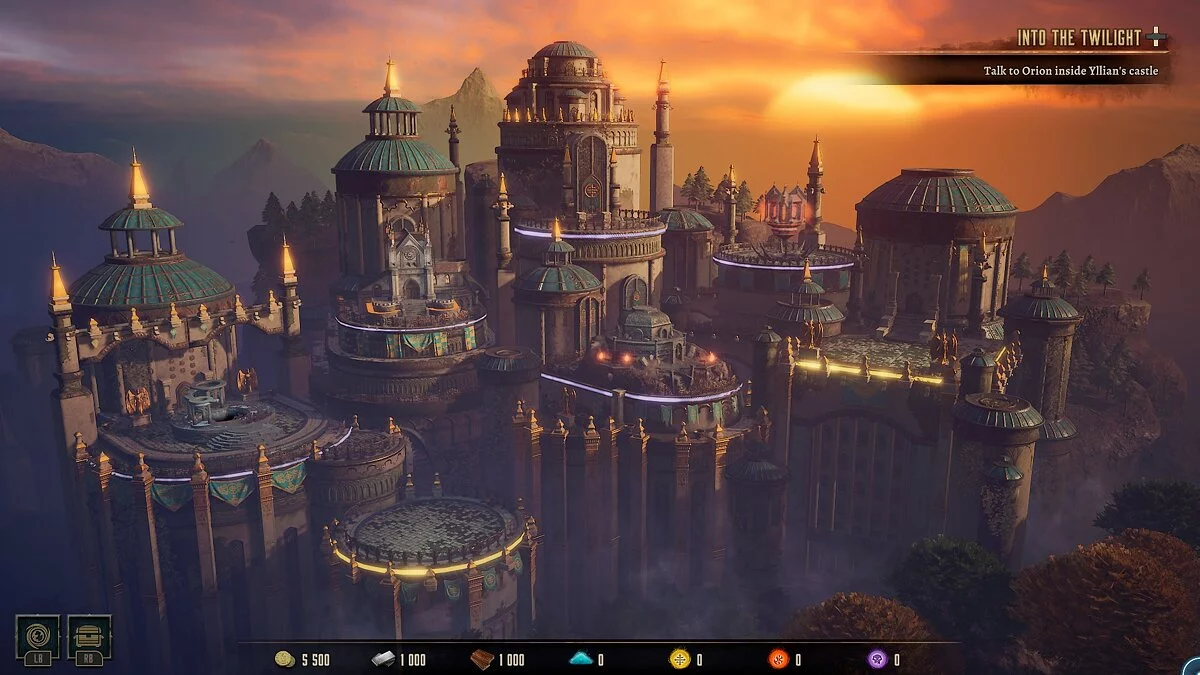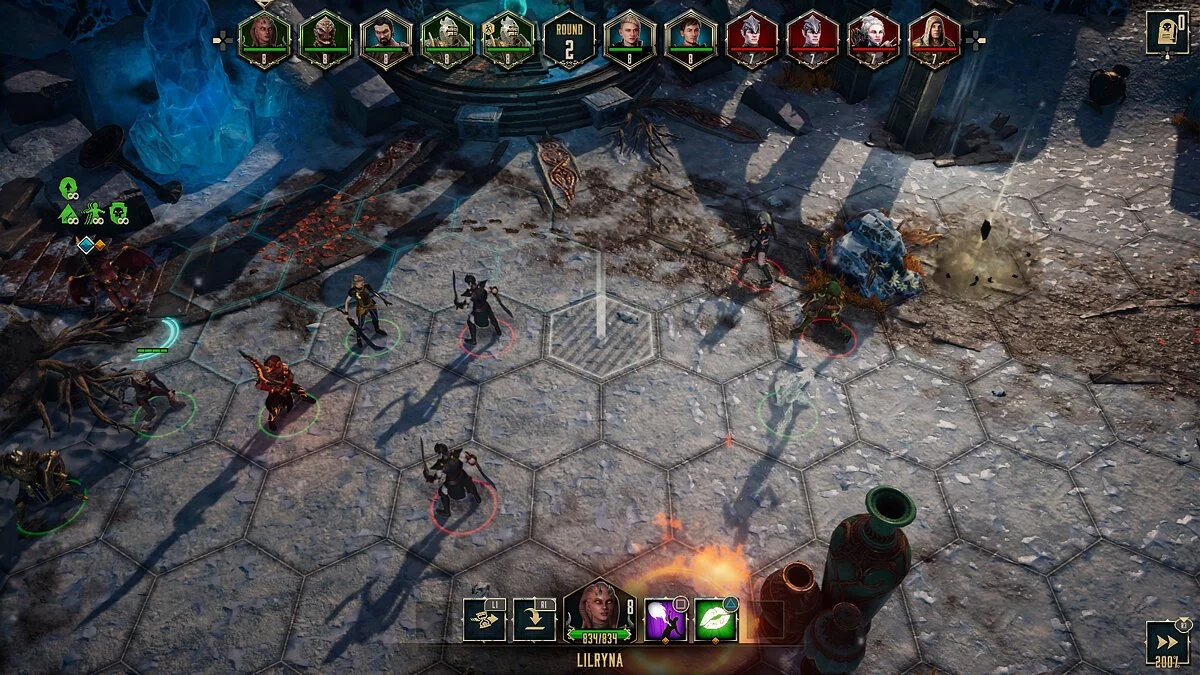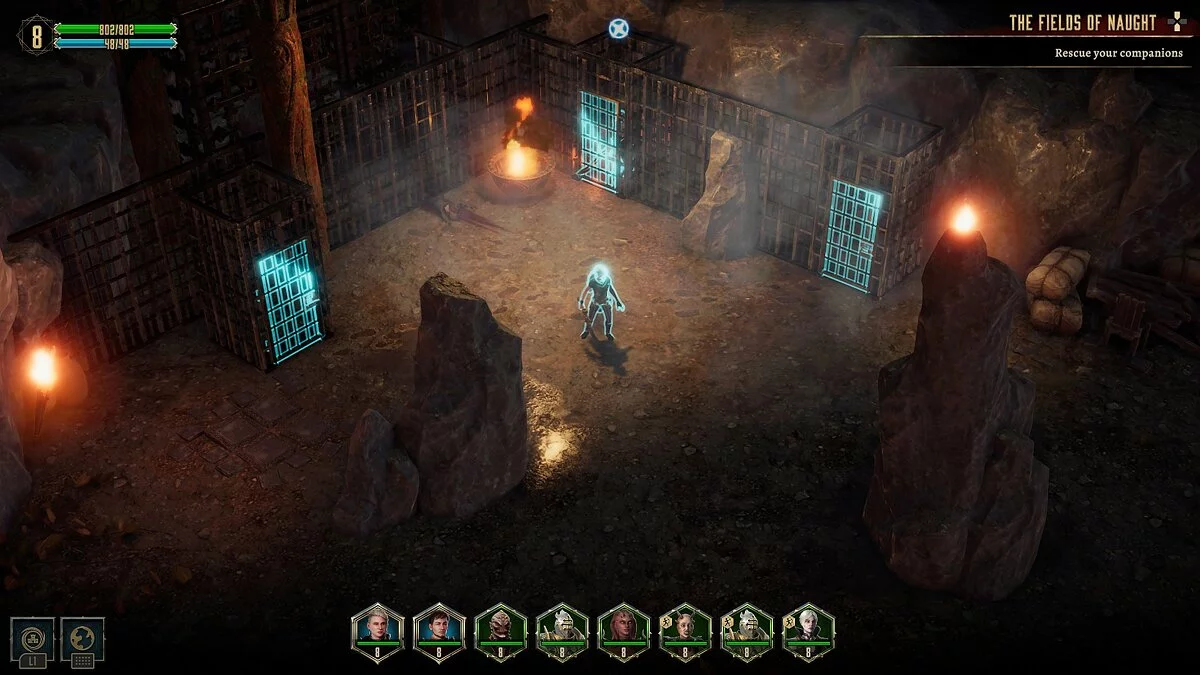VGTimes Interview with Disciples: Liberation Developers
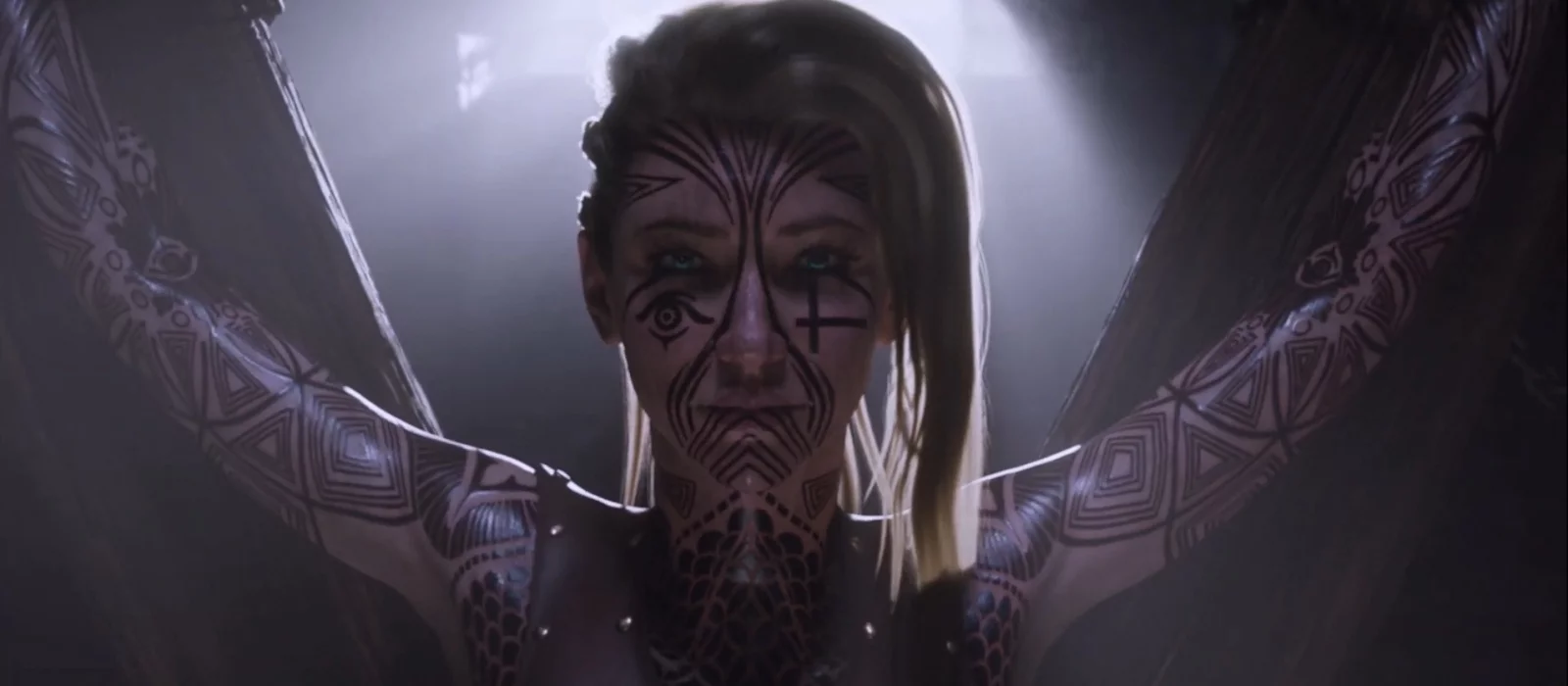
Disciples: Liberation is a spin-off of the great game series. Perhaps the new product has little in common with the classic parts, but the very fact of the legend's revival is pleasant. We interviewed the lead game designer Eric Latouche and discussed the creation of the game, the postponement of the release date in the CIS, the personality of the main character and much more.
Note. Not only game designer Eric was supposed to drop by the interview, but also creative director Louis Lamarche, who knows more about the development process and organizational issues. Unfortunately, Louis did not show up for the call, and Eric could not answer all the questions.
What is Disciples: Liberation?
The CIS has especially warm feelings for the Disciples series. A beautiful dark world, units worked out to the smallest detail, deep tactical combat — it is not surprising that many preferred to travel around Nevendaar rather than play Heroes of Might and Magic.
Alas, domestic wizards took on the development of the third part of Disciples, and the result was dubious. After the failure, the series was forgotten for 12 years, and fans managed to lose hope for the revival of the title — which made the announcement of Liberation even more surprising.
From the trailers, it was immediately clear that the new part was very different from the original games. The design has become more modern, the terrain is more compact, the importance of the capital has decreased, and during battles, the heroes roam the map instead of standing still.
We have already completed Liberation and, alas, did not appreciate all the changes. The game has enough advantages: the world turned out to be nice and diverse, the plot, although full of cliches, is still intriguing, the dialogues are written talentedly, and the localization is good. However, the combat system turned out to be too dull: at first glance, it seems complicated, but you can get bored already on the fifth battle.
However, not all gamers were so strict about the spin-off — Liberation has 78 percent positive reviews on Steam. And the very fact of the revival of the series deserves a standing ovation.
But how was Disciples: Liberation created? Why can you only play as Avianna? Should we expect a sequel? We asked these questions to Frima Studio's lead game designer Eric Latouche.
How was Disciples: Liberation created?
VGTimes: It's been 12 years since the release of Disciples 3: Renaissance, and all this time fans of the series have been sad. Many no longer believed that they would ever return to Nevendaar. Tell us, how did you start developing Liberation?
Eric Latouche: I didn't work on Liberation from the very beginning. I'm a game designer at Frima Studios and have worked on many projects there. But I started developing Disciples about three months after the project's launch.
The idea was to revive the franchise, but not to make Disciples 4. We wanted to work on a more modern project that includes elements of well-known RPGs. Plus, the focus was on one character — Avianna. At the same time, it was important to tell a story in the world of Nevendaar, which has been asleep for many years and is now awake.
I think we mentioned it in one of the videos, but the first two parts were developed in Montreal. So creating Liberation was something natural for us (editor's note — Frima Studio is also located in Canada). I don't know all the details of the agreement with the publisher Kalypso Media, but we were happy to work on the series.
VGTimes: Eric, can you tell us more about your role on the team?
Eric Latouche: I'm the lead game designer on Liberation. I was responsible for everything gameplay-related: units, combat, city management, spells. I worked on almost everything in the game, except for the story and level design, which were handled by other specialists. Basically, all game mechanics.
VGTimes: How many people were on the team, and how long did the development take?
Eric Latouche: I believe that at the peak of development, there were 35-40 people working on Disciples. Well, in terms of time, the work took 18-19 months.
On the gameplay and design of Liberation
VGTimes: You probably get asked this question a lot, but the design and mechanics of Disciples 2 and Liberation are very different. At times, the game resembles Diablo more than the original parts. Why is that?
Eric Latouche: Liberation is really different from the previous three games. We wanted to modernize the series, add more relevant mechanics — that's why the project is not called Disciples 4.
Of course, the game is far from Diablo, because we still have a tactical combat system. However, I understand that moving around the map may remind you of Blizzard's brainchild. Exploring locations is one of the fundamental mechanics of Liberation, and we did not want gamers to be limited by anything.
Yes, in the original parts, the hero had a limit on the moves he could make. Such an approach simply would not work for the new game. After all, we have many regions that you need to travel through. This is new for Disciples, but judging by the feedback, many liked the changes.
VGTimes: CIS gamers had to be sad for a whole month — in our region, Liberation was released a month later than in the rest of the world. Why did you decide to move the release for the sake of localization? You could have added voice acting and subtitles with a patch.
Eric Latouche: Unfortunately, I can't answer this question with certainty, because the release date was moved by the publisher Kalypso. I know for sure that the release was moved to improve the Russian voice acting.
I worked a lot on localization, and I saw how we made great progress. So this was the key reason — the voice acting will help to get a better experience from the game, this was important.
VGTimes: Liberation has changed a lot since the testing and demo. What are your plans for further improvements to the game?
Eric Latouche: We received a lot of feedback after the closed beta. For example, initially, the support troops that stand behind the players took away leadership points. We removed this to add more tactical schemes. There were many such changes, and people liked them.
In the demo, you could leave troops to protect production. The enemy could attack the resource extraction site and take it away. The only thing is that the battles were automatic — we didn't like that gamers sometimes lost such battles and couldn't do anything about it. It wasn't fair and not interesting enough, so we removed the mechanics.
It also simplified management. There are 13 maps in Liberation, and it's not easy to keep track of all the productions.
And the work is still in full swing. We read all the comments and are preparing a huge patch with fixes that will be released in December. There are things that people don't like, and we will try to fix them.
VGTimes: You can only complete the game as Avianna. Why didn't you make an editor so that gamers could create their own character?
Eric Latouche: Good question. Initially, we wanted to give a choice between a male and female character, but in the end we decided to leave only a lady. She seemed like a more interesting character to us.
Also, given the team size, budget, and other resources, it was better to focus on one hero. So we decided to focus on Avianna and how she conducts dialogues, develops, and so on.
VGTimes: The capital used to play an important role in Disciples. It terraformed the area, was guarded by troops. In Liberation, Illian is not as important. Why?
Eric Latouche: We wanted to create a large city that would evolve and reflect the progress of the heroes. Illian became a hub that you constantly return to for upgrades, communication with companions, and learning new spells.
At the same time, we wanted to simplify the management, so we had to cut the mechanics when the capital had to be defended. This allowed us to focus more on combat, exploration, and the decision system. Of course, there is a moment in the story when Illian is attacked, but this only happens once.
About the future of Disciples
VGTimes: A lot of time has passed since the worldwide release of Liberation. Can you share information on sales?
Eric Latouche: Unfortunately, I do not have access to this information, since I do not work at Kalypso. However, we are pleased with how gamers have received the game: there are many positive comments, and gamers constantly give feedback, allowing us to improve the game further.
VGTimes: Maybe you can tell us something about the future of the series. What are the chances of seeing a new numbered part?
Eric Latouche: This is more of a question for Kalypso. I don't know if they have plans for a sequel to Liberation. However, during development, we had plans for two other games. We started a global story that could get an interesting continuation. However, these are just plans — it is unknown whether they will come true.
Disciples: Liberation turned out to be a controversial game that has little in common with its predecessors, and mechanics like combat do not work in the best way. However, all this does not prevent us from being happy that the series has returned after 12 years. We hope that the publisher will continue to develop the title and undertake a full-fledged sequel or a remake of the second part.
***
VGTimes has been operating since 2011 and during this time has visited dozens of exhibitions and festivals, where our journalists have collected many exclusive materials. For example, in 2019 we got to a closed screening of Cyberpunk 2077 at gamescom, in 2017 we prepared a photo report from WG Fest, in 2020 we were at the largest gaming event in Central Asia CAGS, and also visited IgroMir several times, where we saw Hideo Kojima and other famous developers.
